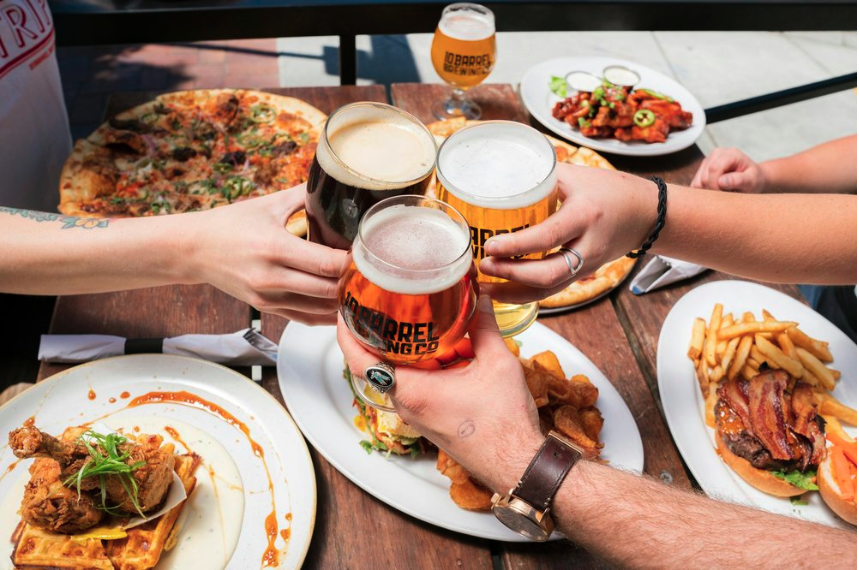
Why Do You Not Eat All Day, then Overeat or Binge at the End of the Day?
This is very common in new clients coming to see me to help them eat healthier. In the pursue for weight loss, many individuals turn to chronic dieting as a perceived solution to manage their weight. However, the repercussions of this approach can be far-reaching and detrimental, particularly for professional women who often find themselves juggling demanding careers alongside societal pressures to maintain a certain body image. Chronic dieting not only impacts physical health but also disrupts the body's natural ability to regulate hunger, leading to a cycle of disordered eating that can be difficult to break.

Why You Might Still Be Hungry After Eating Three Bowls of Spaghetti
If you find yourself eating multiple bowls of spaghetti and still feeling hungry, you're not alone. This experience can be frustrating and perplexing, especially if you believe you've consumed enough to satisfy your hunger.
Eating until you're physically full but still feeling hungry or wanting to eat more is a common experience for many people. This phenomenon is influenced by a complex interplay of physiological, psychological, and environmental factors.
While fullness is a physical sensation triggered by the stretching of the stomach, the feeling of hunger or the desire to keep eating often stems from other cues, such as emotional needs, cravings, or habits. Understanding why this happens requires exploring the differences between physical hunger and emotional hunger, how certain foods impact satiety, and how factors like stress, distraction, and dieting history can disconnect us from our body's natural hunger and fullness signals?

Are You an Overeater or Binge Eater?
In a world where food is abundant and social norms often revolve around indulgence, it's not uncommon for individuals to occasionally overeat or indulge in larger portions than they intended.
However, for some, these occasional instances can develop into patterns of behavior that go beyond mere overindulgence, leading to more concerning eating habits. It’s important to understand the distinction between overeating and binge eating. While both involve consuming large amounts of food, they differ significantly in terms of frequency, control, and psychological impact.
Understanding the differences between overeating and binge eating is crucial for recognizing when eating habits may be veering into unhealthy territory. In this article, we delve into the nuances of these behaviors, exploring the signs, symptoms, and implications of both overeating and binge eating. By shedding light on these issues, we aim to provide clarity and support for individuals who may be grappling with their relationship with food, empowering them to seek balance and cultivate healthier eating habits.